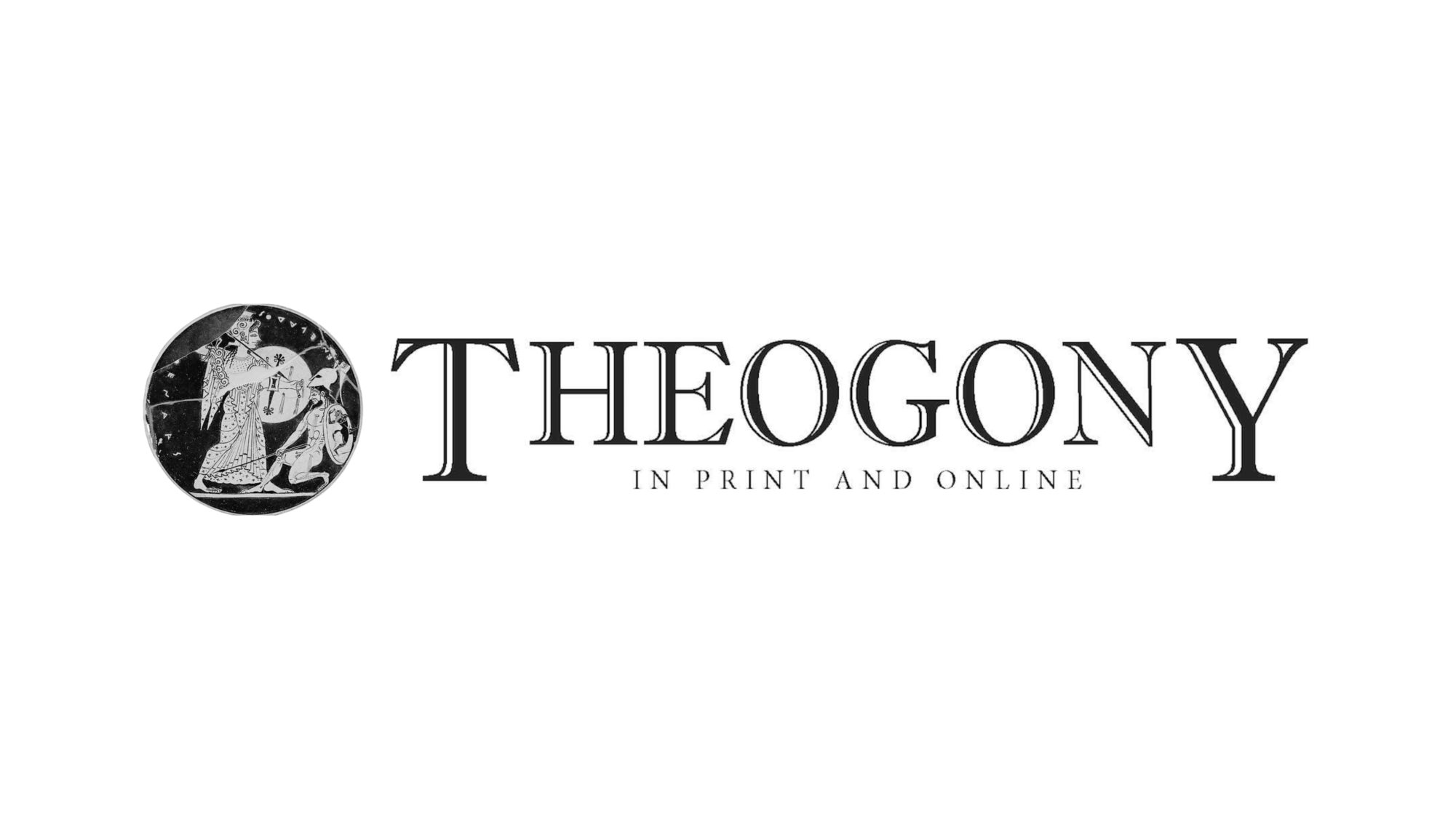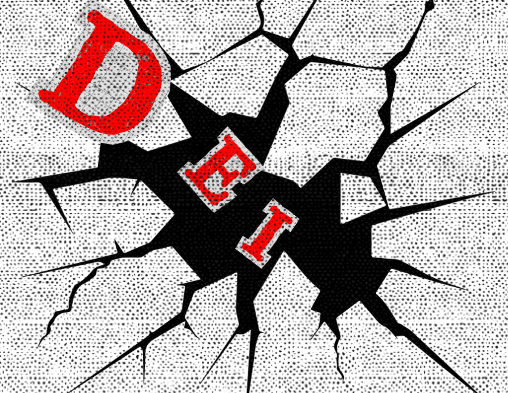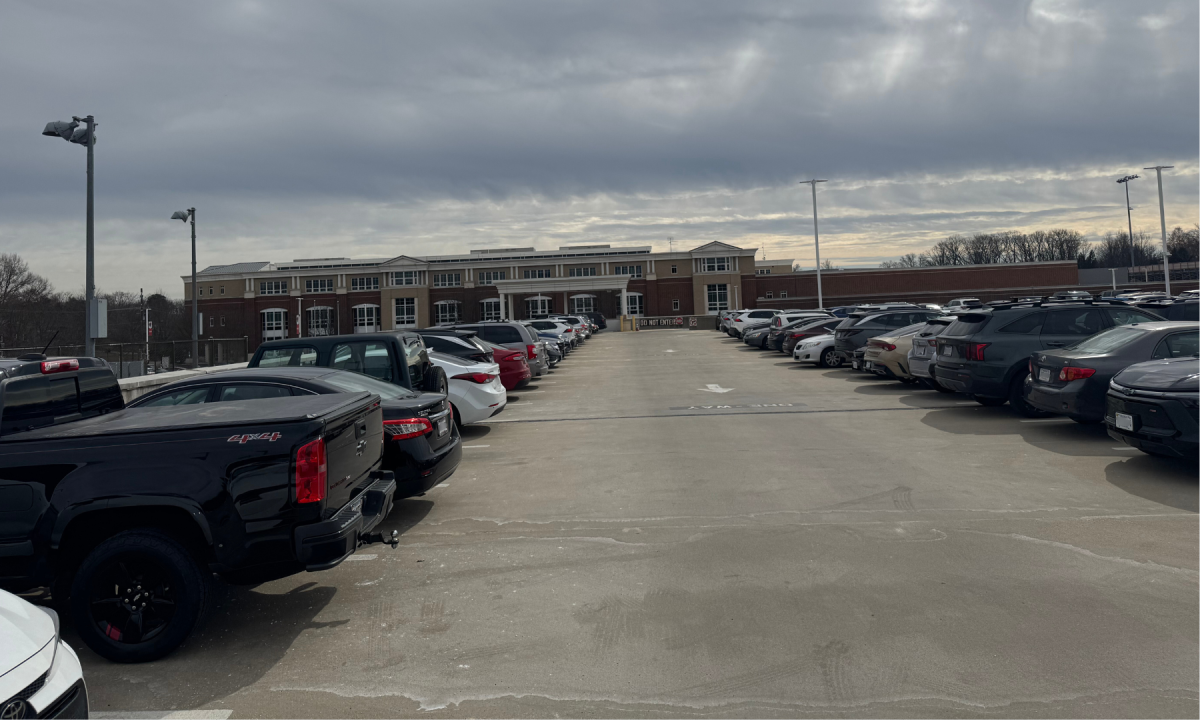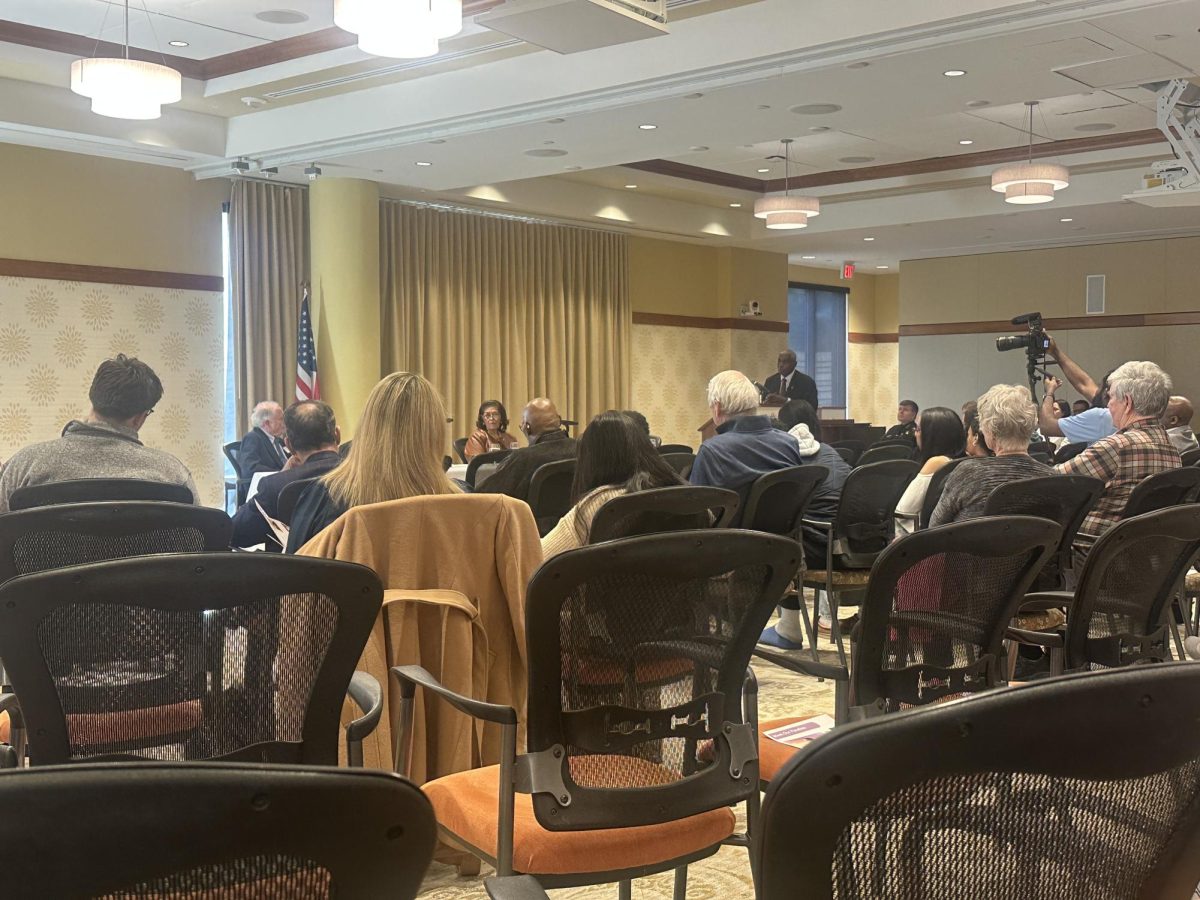“You know, what hurts me the most is that I have to watch the NBA Finals and they have ‘World Champion’ on their head. World champion of what? The United States?” said Noah Lyles, who recently enjoyed a triple win at the World Athletics Championships in Budapest, Hungary. Unless you live under a rock, it’s needless to say that these words did not go over well with the professional basketball community, with many responding with disapproval and jest directed toward Lyles.
But that begs the question, is Lyles justified in his remark? To put it bluntly, yes he is, but it’s not just about the NBA Finals or the fact that the winners call themselves the ‘world champions’. It’s actually a small part of an immense problem that plagues— and has plagued— the entirety of American society for hundreds of years. This problem is called American Exceptionalism, and it may as well be the main source of food for our country’s exorbitant ego.
American Exceptionalism is, in the words of government teacher Andrew Orzel, the idea “that we are different, that we are fundamentally different than other countries in certain ways.” Based on this definition, it’s plausible that this belief may or may not be harmful and could have different outcomes.
There’s nothing wrong with a little patriotism here and there or being proud of your country’s achievements, but to believe that the United States is somehow the greatest country to ever exist and that our land was a divine right is flat-out arrogant if not downright dangerous. We, as a nation, as a people, cannot assume that we always know better than everyone else for any reason, whether it’s religious (which it often is) or not. It’s reckless to act in such a way, and it can lead to disastrous foreign policy choices.
Of course, this isn’t to say that everything, or anything, the United States does or claims is a result of American exceptionalism and is harmful. Take, for instance, Orzel’s example of America’s historical global involvement: “If we’re talking World War II and getting involved, that’s a darn good thing.” He elaborated, “We have a role to play as a superpower.”
And he’s absolutely right: the United States needs to reassess its role as a superpower, which means sometimes getting directly involved in foreign affairs, but not becoming power-hungry or interfering where they’re simply not needed or welcome.
Going off of that, the United States certainly has had, as Orzel put it, “more dubious interventions.” From the direct interventions in Vietnam and Nicaragua to indirect interventions in Bangladesh and Ukraine, the United States’s interventionist policy knows no bounds. Its unrelentingness was even present at home, with the forced expulsion of Native Americans from their rightful land and the military-backed false flag domestic terrorism plot that almost took place.
If there is one point I can’t stress enough, it’s this: America is not the world police and is not guided by some supreme power, and it shouldn’t act like it. This isn’t to say that the United States shouldn’t intervene anywhere, obviously: as Orzel previously stated, World War II would have been lost without the United States. But when it comes to instances like the Cold War, when the U.S. was intervening anywhere and everywhere trying to put a stop to Communism (even if it meant going to extremes like aiding and abetting a genocide in Bangladesh), it simply is not needed nor is it acceptable.
On a final note, it is not wrong to love America or to cherish the country that you grew up or have lived your whole life in; that alone is not wrong. But it is important to acknowledge that the United States can, in fact, do wrong— which it has done many, many times throughout its fairly short history. The United States has committed atrocious acts abroad and within its own borders. Despite that, we’ve also done very good things throughout the world and have been a prominent pioneer of modern democracy. But if we truly want to move forward in the world and reach our full potential, we must move past the hindering idea of American Exceptionalism.
All throughout history, empires have come, and empires have fallen, and we are no different. We must realize that we are not inherently better than other countries or guided by some god. What really matters in the end is the impact and legacy we leave behind.
Featured image by painter John Gast / Courtesy of Brittanica









